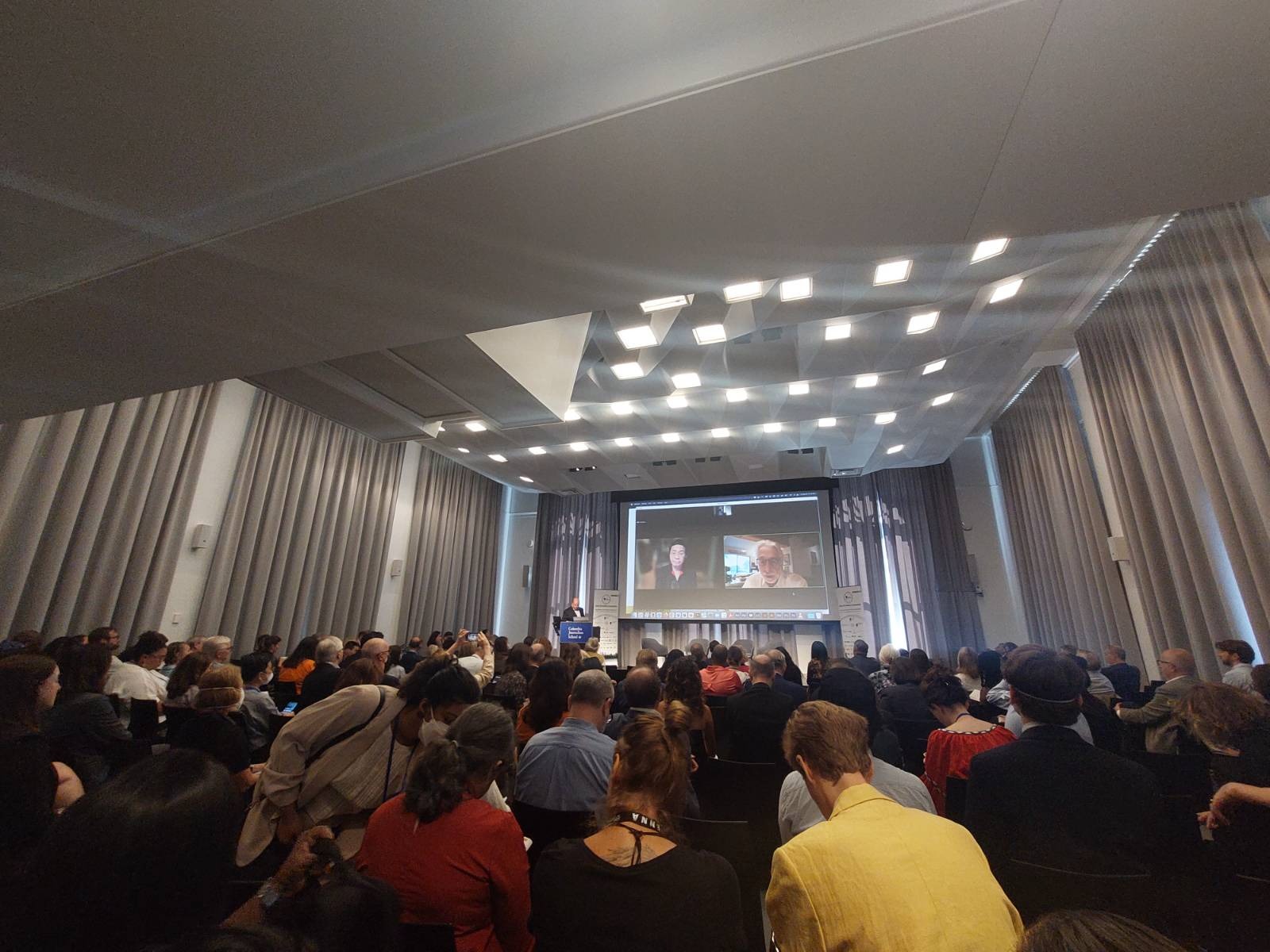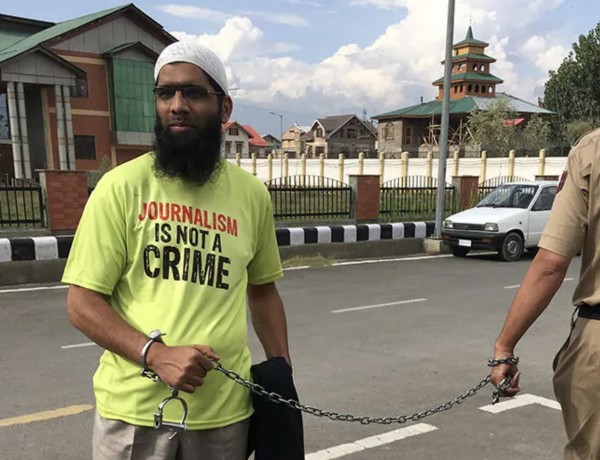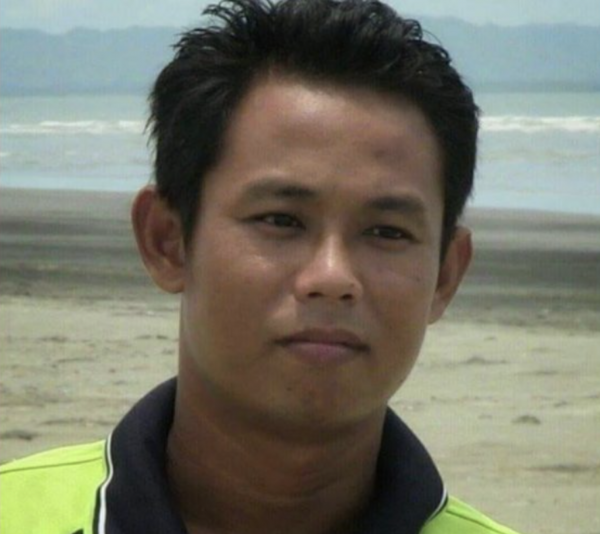Regulation of big tech and social media platforms is urgently required to tackle the spread of falsehoods and the increasing political weaponization of disinformation online, Nobel Peace Prize laureate Maria Ressa told IPI’s World Congress 2022 in New York.
Speaking at a panel entitled “Holding the line for journalism”, Ressa, the CEO of news outlet Rappler and an IPI Executive Board member, warned that disinformation was polluting the global information ecosystem and eroding democracy around the world, from Russia to Brazil to the U.S.
Ressa cited the Philippines as an example of how social media algorithms which facilitate the spread of lies faster than facts have been manipulated by political forces to spread propaganda and corrode the information sphere, as well as attack independent journalists.
“Impunity online leads to impunity offline. This is one of the reasons we’re seeing death by a thousand cuts of press freedom globally”, she told the packed crowd at Columbia University. “Journalists have to hold the line.”
While arguing that independent, fact-based journalism could act as an “antidote” to misinformation, Ressa argued that regulation and legislation by democratic governments was essential to curb the “insidious” surveillance-for-profit model.
“Tech platforms and their distribution algorithms have an inordinate amount of power to control the information people receive” she said. “Laws need to be put in place, because as we’ve seen, tech platforms are not going to find their own solutions.”
Richard Gingras, vice president for news at Google who has led the company’s work in recent years to foster independent journalism, including the Google News Initiative, said: “We have an increasing trend towards authoritarian governments which seek to control the media”.
While recognizing the role that big tech had to play, Gingras suggested that one of the most complex questions facing democratic societies was “how to manage free expression in a digital world without falling victim to powerful business interests who would rather control the information space in their own interest.”
“Technology has enabled free expression beyond what we’ve ever seen in the history of civilisation, good, bad and indifferent”, he argued. “It is a responsibility of platforms like ours to make sure that, on the one hand, (we) are not getting in the way of free expression, while at the same time not amplifying in any inappropriate way voices that are spewing misinformation and disinformation”.
Gingras said “nuanced” policy measures were appropriate to address the issue. However, he suggested that the media industry itself had an important role to play in rebuilding trust, avoiding political partisanship and diversifying its coverage to bring in new audiences.
The conversation was moderated by Brian Stelter, media correspondent, author and former anchor of the CNN show “Reliable Sources,” which examined the week’s top media stories every week for three decades until it was controversially cancelled last month.
In October 2021, Ressa was one of two journalists awarded the Nobel Peace Prize in recognition of her “efforts to safeguard freedom of expression, which is a precondition for democracy and lasting peace.”
She shared the prize with Dmitry Muratov, editor-in-chief of storied independent Russian newspaper Novaya Gazeta, who yesterday spoke at the IPI World Congress about the eradication of independent journalism in his country since the war in Ukraine.
On September 2, Ressa and Muratov presented a 10-point plan to improve the global information ecosystem and strengthen independent journalism around the world.
Although Rappler survived the Duterte administration, following the presidential election victory of Ferdinand Marcos Jr Rappler was ordered in June to close for allegedly violating foreign ownership rules as part of a long-running case against it. Ressa is planning to appeal the decision.
🗨️“I think we have a need & an opportunity in the digital space to rethink journalism and bring in voices who can approach it in different ways and bring in new audiences”, says @richardgingras, who oversees Google’s effort to enable a healthy ecosystem for quality journalism. pic.twitter.com/PgFSoUktLy
— IPI – The Global Network for Independent Media (@globalfreemedia) September 9, 2022
IPI’s World Congress 2022 runs from September 8 until September 10. Click here for more information about the programme and full list of speakers.



